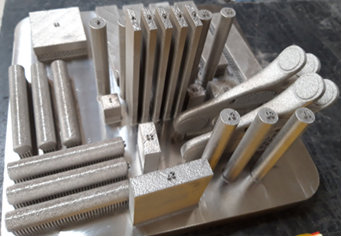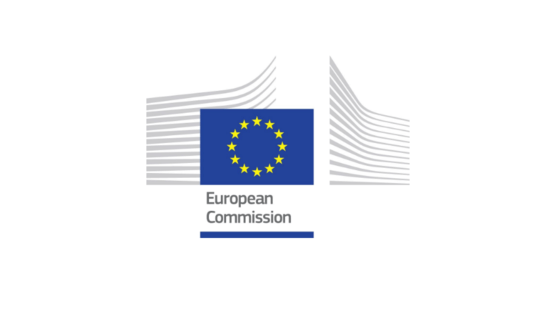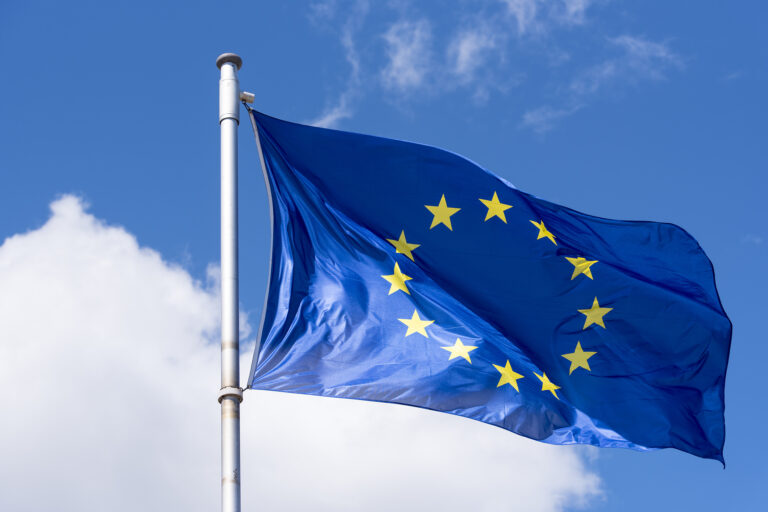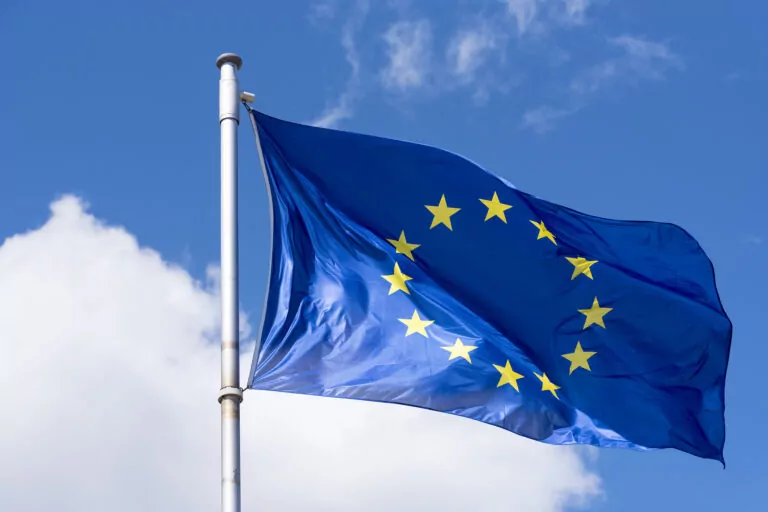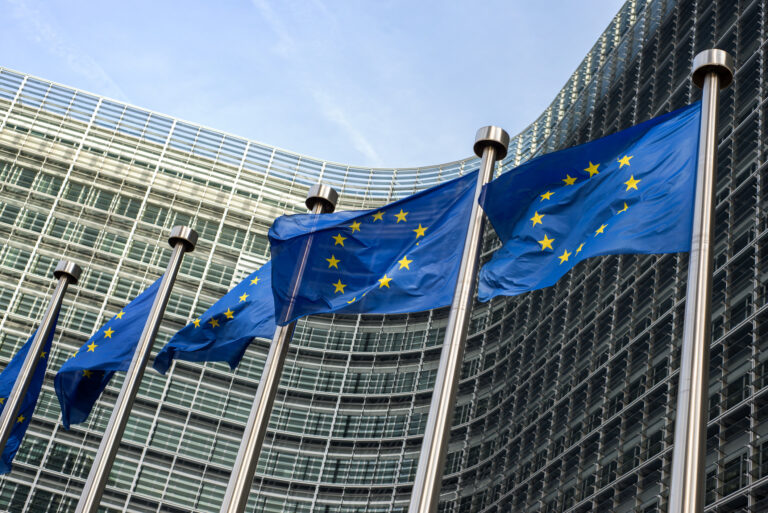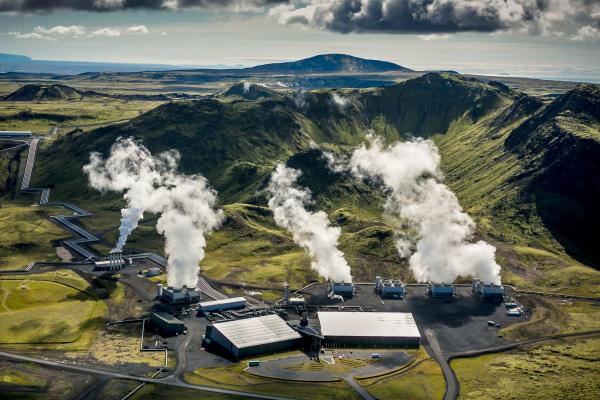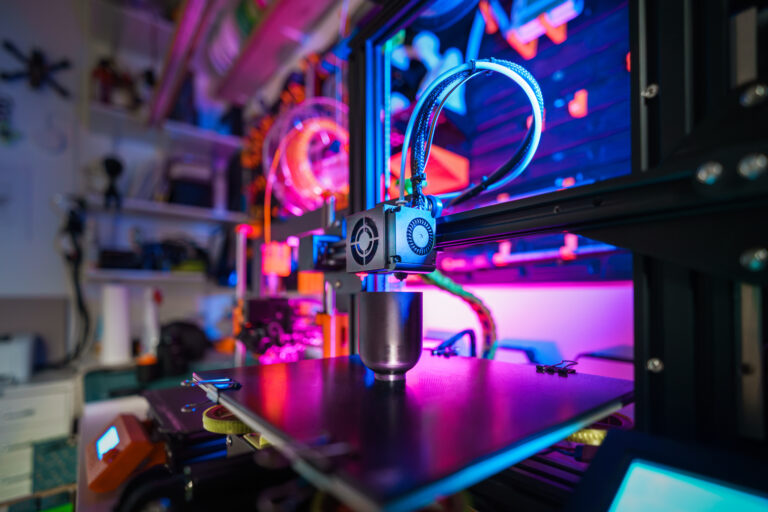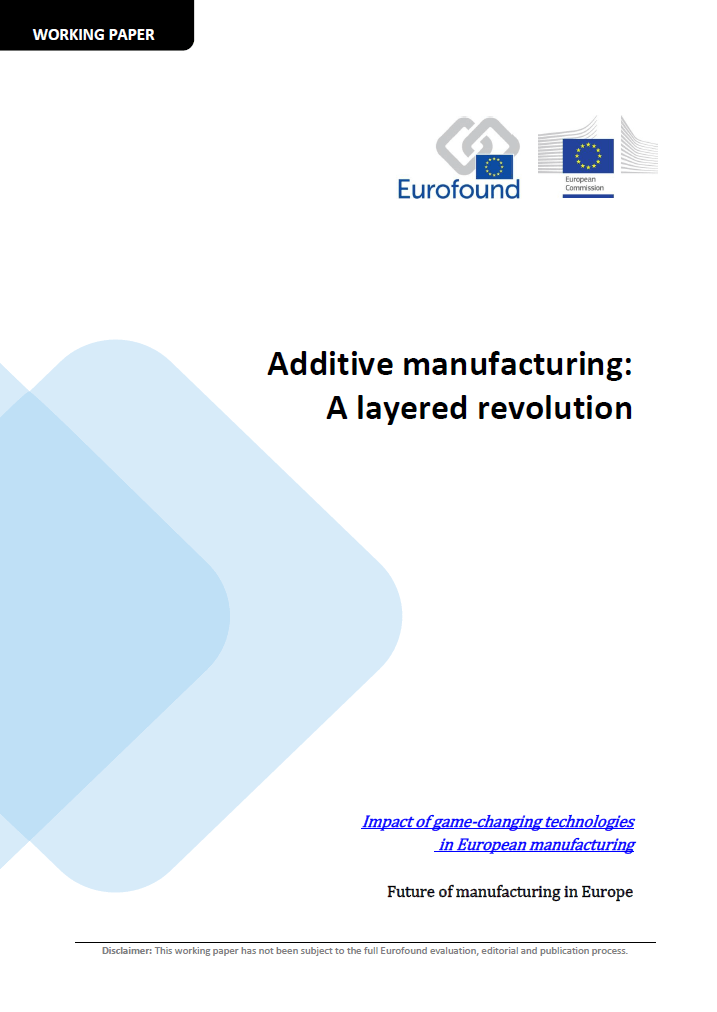Result description
For both IN618 and IN718 parts, the weight gain is about 32 % from 326g to 221g.
Different heat-treatments have been tested and compared.
Improved process (LPBF) are more impacting in manufacturing phase than baseline machining process. But if we integrate the use phase in the impact analysis, a reduction in weight of 1kg for aeronautic part can lead to a reduction of 0.0604 kg CO2 eq. per 1000 km flying, due to fuel savings. A plane will fly around 4.5×10^6 km per year (source: results not published from previous European projects where CEA/LITEN is involved). A reduction in weight for this part of 0.09 kg could therefore lead to a reduction of CO2 per year of 0.09 x 0.0604 x 4,5×103 = 24 kg CO2 eq. After a little bit more than one year of flying, the impact cost in terms of CO2 emissions due to the manufacturing in LPBF process will be compensated by CO2 savings in flight compared to the initial baseline part.
Addressing target audiences and expressing needs
- Expanding to more markets /finding new customers
Industrial partners interested in benchmark LPBF process vesus conventional process. Customers interested in manufacturing metal parts using LPBF process
- Public or private funding institutions
- Other Actors who can help us fulfil our market potential
R&D, Technology and Innovation aspects
37,5% reduction in material usage by using LPBF compared to machining.
Next steps Increase productivity and optimization of post processing of L-PBF metal parts.
- Global
Result submitted to Horizon Results Platform by WEARE ADDITIVE DEFENSE

